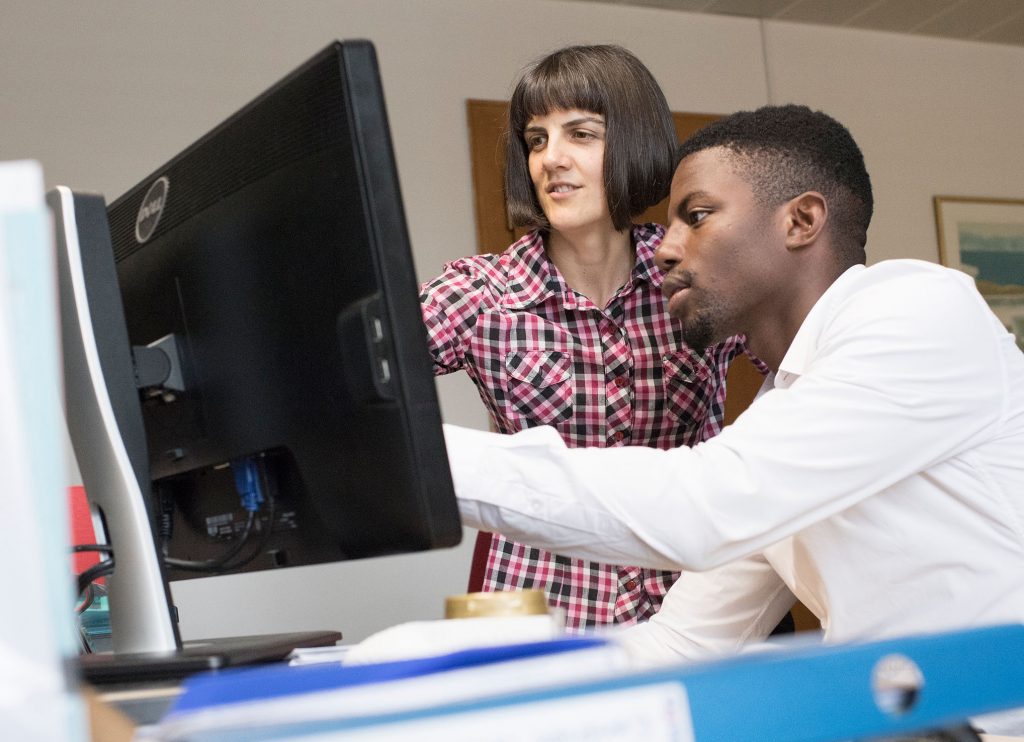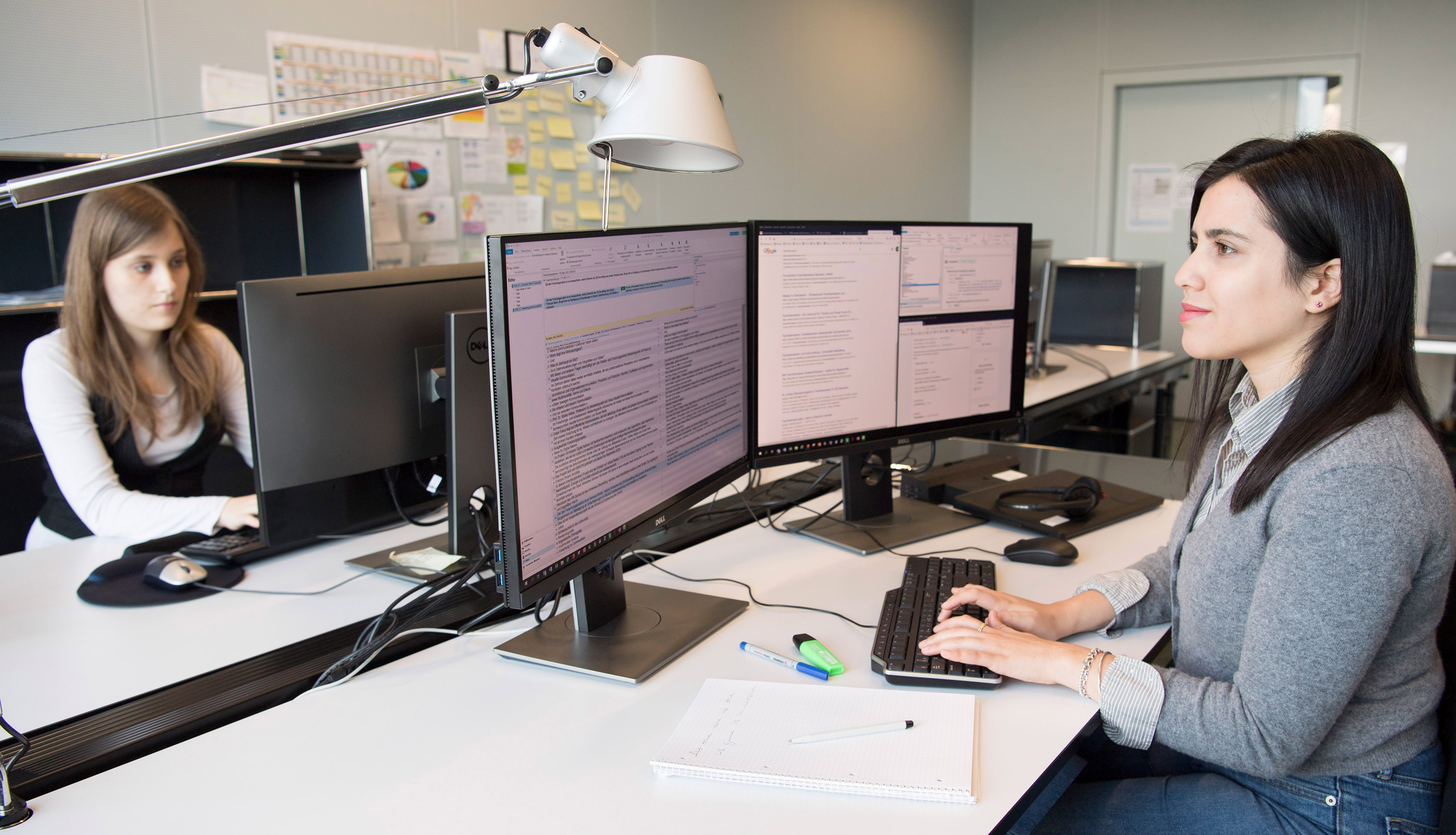The Federal Chancellery is buying licenses for a machine translation system – not to replace their translators, but as a tool to support them. Translators’ profiles and roles are changing fast, but their human judgment provides an added value that’s needed more than ever.
By Gary Massey, Director of the IUED Institute of Translation and Interpreting
A couple of weeks ago, we learned that the Swiss Federal Chancellery has been instructed to buy a corporate license for the neural machine translation (NMT) system “DeepL Pro” (media release).
They thus join a long line of public and commercial organisations that have decided to deploy proprietary or in-house NMT systems in their translation workflows, including the various institutions of the European Union.
Post-editing matters
As the experts repeatedly stress, NMT can be an excellent tool to increase productivity and handle sharply increasing translation volumes. But this is only if it’s used correctly, i.e. for the right kinds of text, and with quality-conscious post-editing by properly trained (human) translators to avoid the huge risks – legal, technical, reputational, health and so on – that publishing raw, unedited machine-translated output involves. Maureen Ehrensberger-Dow, has already pointed out some of the caveats in her November blog post, Post-editing matters!
Training for new roles
Translator profiles and roles are changing. High-quality human translation needs adaptive, creative experts able to take maximum advantage of the technologies available to them. Which is why, for some time now, the IUED Institute of Translation and Interpreting has been training students on the MA Specialisation in Professional Translation and professional translators from a variety of organisations how to post-edit NMT output and integrate NMT systems in their computer-assisted translation (CAT) tools and workflows. Follow the link for information (in German) on our pre- and post-editing workshops for language professionals.
And if you’re interested in finding out more about the uses of NMT, my colleagues Maureen Ehrensberger-Dow and Martin Kappus will be talking about combining MT with CAT tools at the sixth Machine Translation Meetup (MTM) in Zurich on 3 February 2020. More information on this event will be published soon on the MTM site.
- Post-editing matters!
- «Den Menschen wird es immer brauchen bei Übersetzungen»
- In the driver’s seat of digitalisation
- Menschliche Übersetzung für das High-End-Segment
- Neural Machine Translation und Large Language Models: Müssen sich Übersetzer:innen entscheiden?

Im Master Fachübersetzen, einer Vertiefung des Masters Angewandte Linguistik, bildet das IUED Institut für Übersetzen und Dolmetschen der ZHAW ExpertInnen für die professionelle Sprachmittlung aus. Die Studierenden wählen zwischen den Schwerpunkten:
- Fachtextübersetzen
- Übersetzungsmanagement
- Barrierefreie Kommunikation/Audiovisuelles Übersetzen
Übersetzungsmanagement und Barrierefreie Kommunikation/Audiovisuelles Übersetzen können mit zwei Studiensprachen, d.h. mit der Grundsprache und einer Fremdsprache, studiert werden (Sprachkombination AC), Fachtextübersetzen mit mindestens drei Studiensprachen (Sprachkombination ACC).
